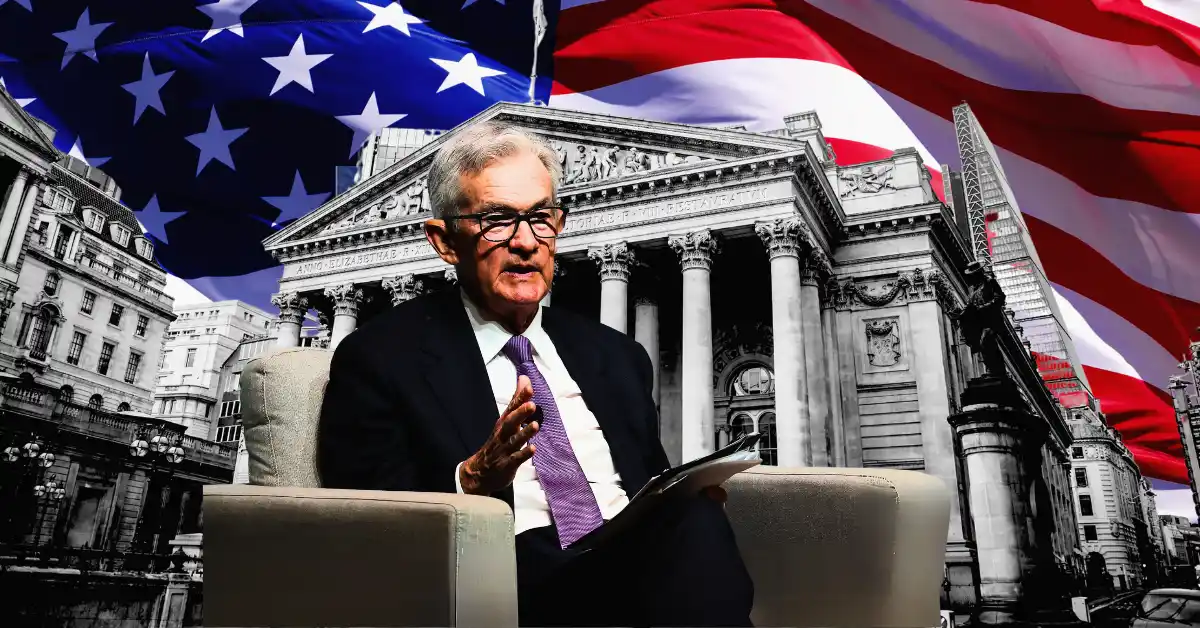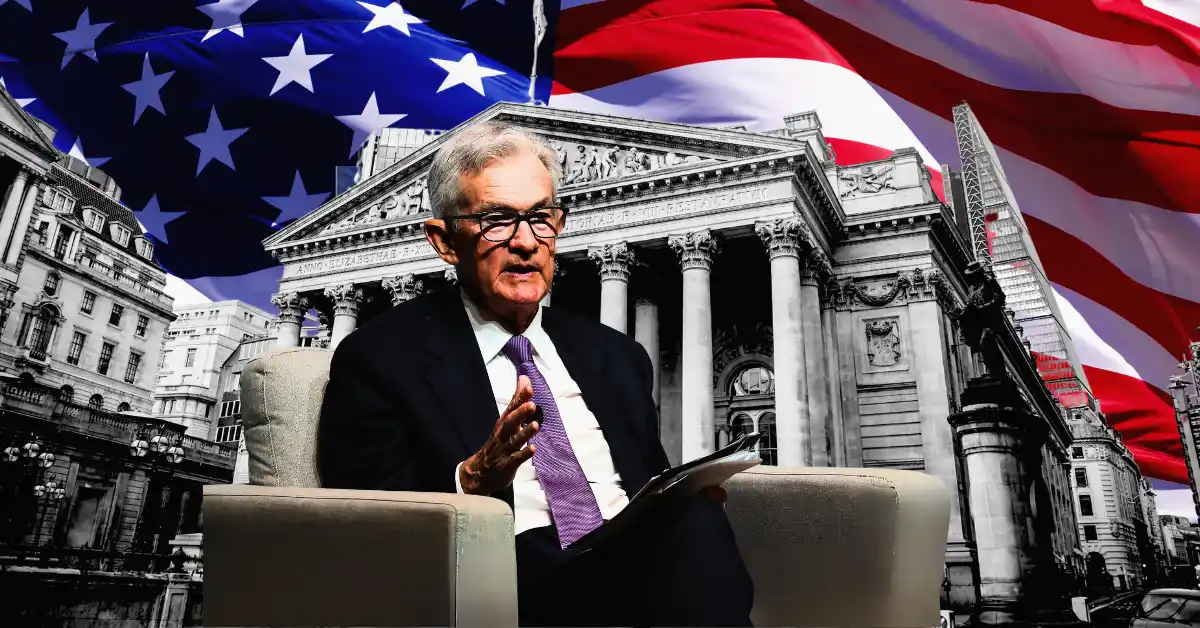The controversy surrounding Federal Reserve Chair Jerome Powell and the $2.5 billion renovation of the Fed’s headquarters has ignited a fierce debate about transparency, accountability, and the appropriate use of public funds. At the heart of the dispute is an accusation that Powell misled Congress about the nature of the renovation project, with critics alleging that the plans include lavish amenities that far exceed necessary upgrades. This controversy unfolds against a backdrop of economic uncertainty, political polarization, and growing public scrutiny of the Fed’s operations.
The allegations against Powell were first brought to light by William J. Pulte, Director of the Federal Housing Finance Agency (FHFA). Pulte has called for a congressional investigation into Powell’s testimony before the Senate Banking Committee, where Powell reportedly downplayed the extent of the renovation project. According to Pulte, the renovation plans include “lavish” and “luxury” amenities, transforming the Fed’s headquarters into what he describes as a “Palace of Versailles.” This characterization stands in stark contrast to Powell’s sworn testimony, where he denied the inclusion of such extravagant features.
The discrepancy between Powell’s public statements and the documented plans for the renovation has raised serious questions about the Fed Chair’s honesty and the Fed’s commitment to transparency. Federal planning documents suggest that the project encompasses more than just essential repairs and upgrades, leading to accusations that Powell deliberately misrepresented the scope of the renovation. If these allegations are proven true, they could have significant consequences for Powell’s position as Fed Chair and the Fed’s credibility more broadly.
The implications of this controversy extend far beyond the walls of the Fed’s headquarters. The Fed is a powerful institution that plays a crucial role in shaping the U.S. economy. Its decisions on interest rates, monetary policy, and financial regulation have far-reaching consequences for businesses, consumers, and the broader economy. As such, the Fed’s credibility is essential for maintaining public trust and ensuring the effectiveness of its policies.
Any perception of dishonesty or lack of transparency at the highest levels of the Fed could undermine this trust and call into question the institution’s independence. The controversy has already reignited the ongoing debate about the appropriate level of congressional oversight of the Fed. Critics argue that the Fed operates with too little transparency, while defenders emphasize the need for independence from political pressures to ensure sound monetary policy.
The controversy also raises questions about fiscal responsibility. In a time of economic uncertainty, with concerns about inflation and government spending, the optics of a lavish renovation project are particularly damaging. The controversy provides ammunition for those who believe the Fed is out of touch with the concerns of ordinary Americans. It also highlights the need for robust oversight mechanisms to ensure that public funds are used responsibly and that public officials are held accountable for their actions.
The political landscape adds another layer of complexity to the controversy. The accusations against Powell are unfolding against a backdrop of heightened political polarization. The timing is particularly sensitive, especially considering the upcoming elections. Any perceived misstep by a high-ranking official can quickly become a political football, with both sides seizing on the opportunity to score points.
Powell has faced criticism from both sides of the political spectrum in the past. Some have accused him of being too dovish on inflation, while others have criticized his handling of interest rate hikes. This pre-existing tension adds another layer of complexity to the current controversy. The outcome of this controversy will depend on the findings of any potential investigation and the political climate at the time.
Several scenarios could unfold in the coming weeks and months. The most likely outcome is a formal investigation by Congress. This would involve summoning witnesses, reviewing documents, and holding hearings to determine the truthfulness of Powell’s testimony and the extent of the renovation project. Powell and the Federal Reserve will likely mount a vigorous defense, arguing that the renovation is necessary to modernize outdated facilities and ensure the Fed’s operational effectiveness. They may also argue that the project’s scope has been misrepresented and that the accusations of luxury amenities are unfounded.
If the investigation concludes that Powell misled Congress, he could face a range of consequences, from public censure to calls for his resignation or even impeachment. The severity of the repercussions will depend on the findings of the investigation and the political climate at the time. Regardless of the outcome, the controversy is likely to have a lasting impact on the Federal Reserve. It could lead to increased scrutiny of the Fed’s operations, greater demands for transparency, and potentially even changes in the way the Fed is governed.
Beyond the headlines, the controversy raises fundamental questions about the relationship between government, financial institutions, and the public trust. It serves as a reminder of the importance of transparency, accountability, and ethical conduct at all levels of government. The case also underscores the need for robust oversight mechanisms to ensure that public funds are used responsibly and that public officials are held accountable for their actions.
The accusations against Jerome Powell represent more than just a dispute over renovation costs. They represent a potential crisis of confidence in one of the most important institutions in the United States. How this controversy is resolved will have significant implications for the Fed’s credibility, its independence, and its ability to effectively manage the economy. It is a story that demands close attention, as its outcome will shape the future of the Federal Reserve and its role in American life. The controversy also highlights the need for ongoing vigilance and oversight to ensure that the Fed remains accountable to the public it serves.












